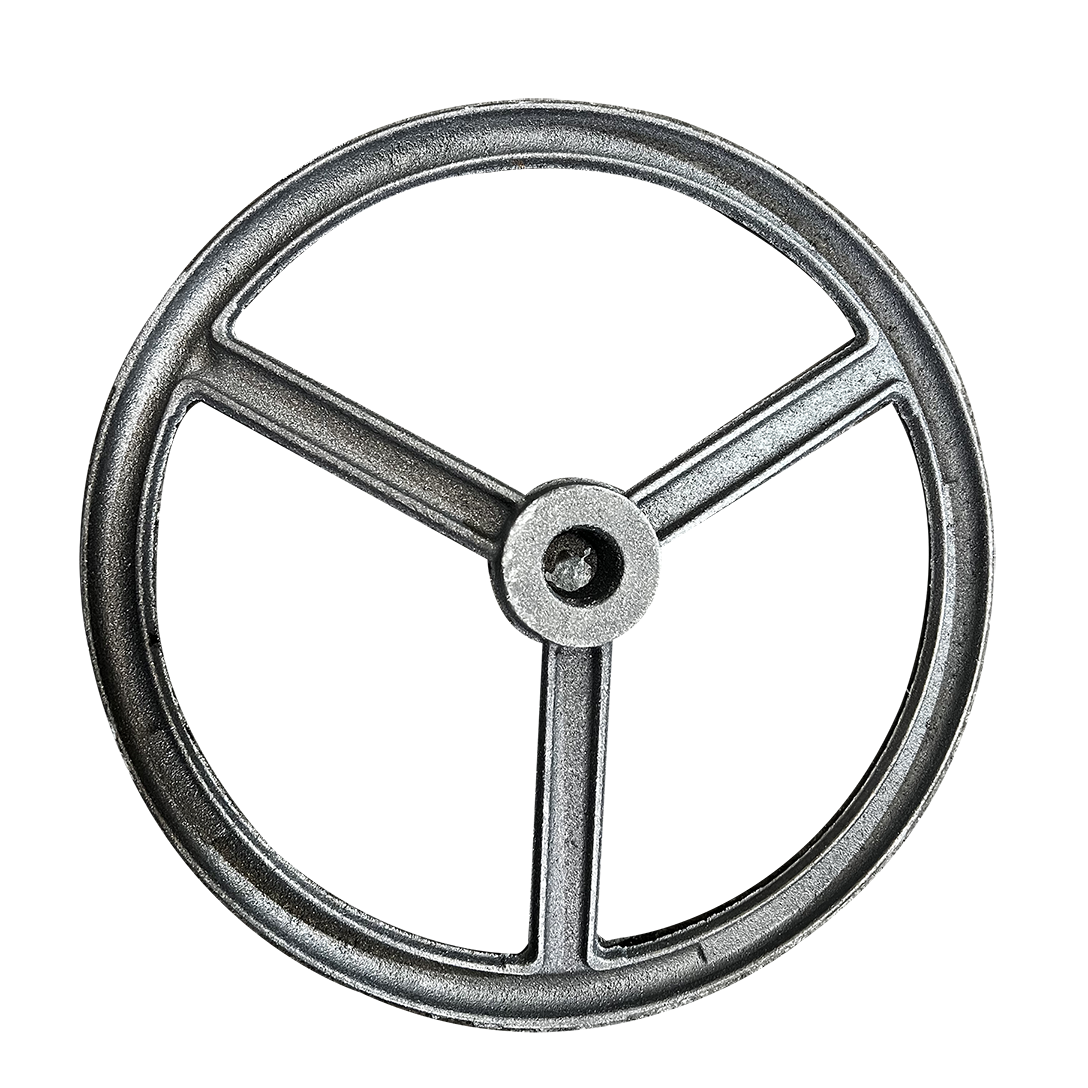- Afrikaans
- Albanian
- Amharic
- Arabic
- Armenian
- Azerbaijani
- Basque
- Belarusian
- Bengali
- Bosnian
- Bulgarian
- Catalan
- Cebuano
- China
- China (Taiwan)
- Corsican
- Croatian
- Czech
- Danish
- Dutch
- English
- Esperanto
- Estonian
- Finnish
- French
- Frisian
- Galician
- Georgian
- German
- Greek
- Gujarati
- Haitian Creole
- hausa
- hawaiian
- Hebrew
- Hindi
- Miao
- Hungarian
- Icelandic
- igbo
- Indonesian
- irish
- Italian
- Japanese
- Javanese
- Kannada
- kazakh
- Khmer
- Rwandese
- Korean
- Kurdish
- Kyrgyz
- Lao
- Latin
- Latvian
- Lithuanian
- Luxembourgish
- Macedonian
- Malgashi
- Malay
- Malayalam
- Maltese
- Maori
- Marathi
- Mongolian
- Myanmar
- Nepali
- Norwegian
- Norwegian
- Occitan
- Pashto
- Persian
- Polish
- Portuguese
- Punjabi
- Romanian
- Russian
- Samoan
- Scottish Gaelic
- Serbian
- Sesotho
- Shona
- Sindhi
- Sinhala
- Slovak
- Slovenian
- Somali
- Spanish
- Sundanese
- Swahili
- Swedish
- Tagalog
- Tajik
- Tamil
- Tatar
- Telugu
- Thai
- Turkish
- Turkmen
- Ukrainian
- Urdu
- Uighur
- Uzbek
- Vietnamese
- Welsh
- Bantu
- Yiddish
- Yoruba
- Zulu
Sep . 27, 2024 19:47 Back to list
Innovative Approaches to Tailored Casting Solutions for Unique Parts and Components
Custom Casting Parts Unlocking a New Era of Precision Engineering
In today’s rapidly evolving industrial landscape, the need for tailored solutions has never been more pertinent. Custom casting parts serve as a cornerstone for manufacturers across diverse sectors, providing them the flexibility and precision required to meet unique specifications. From automotive components to intricate machinery parts, the custom casting process has emerged as a vital element in achieving high-quality and cost-effective production.
Understanding Custom Casting
Casting is a manufacturing process where liquid material is poured into a mold and solidified, forming the desired shape. Custom casting takes this process a step further, allowing for molds and designs to be specifically tailored to meet individual customer requirements. This customization can involve various materials such as aluminum, steel, iron, and even specialized alloys, enabling manufacturers to optimize performance characteristics for specific applications.
Advantages of Custom Casting Parts
1. Precision and Complexity One of the standout benefits of custom casting is the ability to achieve high levels of precision and complexity. Advanced techniques, including 3D printing and computer-aided design (CAD), allow engineers to create intricate geometries that would be challenging or impossible to produce using conventional machining methods. This precision is crucial in industries such as aerospace and automotive, where even minute deviations can have significant consequences.
2. Material Versatility Custom casting allows for a wide range of materials to be utilized, each offering distinct properties tailored for specific applications. Manufacturers can choose lightweight materials for ease of handling or opt for more robust metals that withstand extreme conditions. The choice of material can greatly affect the performance, longevity, and weight of the final product.
3. Cost-Effectiveness Although custom casting may involve higher initial costs due to the design and mold preparation, it often results in lower overall production costs. The ability to produce complex shapes in one piece can reduce the need for multiple components, thus minimizing assembly costs and potential points of failure. Additionally, producing parts in bulk can lead to economies of scale, further driving down expenses.
4. Rapid Prototyping In an age where rapid innovation is crucial, custom casting enables fast prototyping. Engineers can quickly iterate on designs, create prototypes, and test them without the delay associated with traditional manufacturing processes. This agility fosters innovation and allows businesses to respond to market demands more swiftly.
custom casting part

Applications Across Industries
Custom casting parts find applications in a multitude of sectors. In the automotive industry, they are used to manufacture engine blocks, transmission housings, and suspension components, where strength and precision are critical. The aerospace sector employs custom casting for aircraft components, ensuring lightweight yet durable parts, while the medical field utilizes custom castings to develop specialized devices and fittings tailored to precise health standards.
Moreover, custom casting plays a vital role in the energy sector, where parts must withstand harsh environments and pressures. Products such as turbine housings and valve bodies are often manufactured using custom casting techniques, ensuring reliability and performance in challenging settings.
Future of Custom Casting
As technology continues to advance, the future of custom casting appears promising. Innovations in materials science, 3D printing, and automation are poised to enhance the capabilities of custom casting. Industry 4.0 technologies are likely to integrate with custom casting processes, enabling real-time monitoring and adjustments, thus improving efficiency and quality control.
In addition, as industries increasingly embrace sustainability, custom casting can play a pivotal role. The ability to use recycled materials in casting and minimize waste through precise designs aligns with global sustainability goals.
Conclusion
Custom casting parts not only address the specific needs of various industries but also represent a significant advancement in manufacturing technology. With their ability to deliver precision, cost-effectiveness, and rapid prototyping, custom castings are redefining the standards of production. As we move forward, embracing innovations and sustainable practices in custom casting will undoubtedly shape the future landscape of manufacturing, driving efficiency and innovation in ways previously unimagined.
-
8mm Thin-Walled Cast Steel Manhole Cover Pallet Bottom Ring | Durable
NewsAug.04,2025
-
Premium Cast Iron Water Main Pipe: Durable, Corrosion-Resistant
NewsAug.03,2025
-
Durable Cast Iron Water Mains | AI-Optimized Systems
NewsAug.02,2025
-
High-Efficiency Propane Boiler for Baseboard Heat | Save Energy
NewsAug.01,2025
-
Premium Source Suppliers for Various Gray Iron Castings
NewsJul.31,2025
-
Durable Cast Iron Water Main Pipes | Long-Lasting
NewsJul.31,2025


